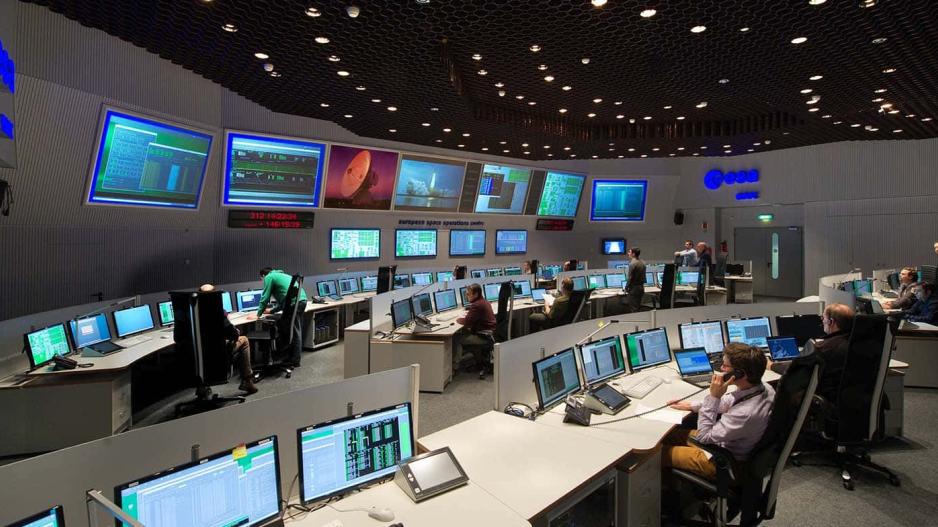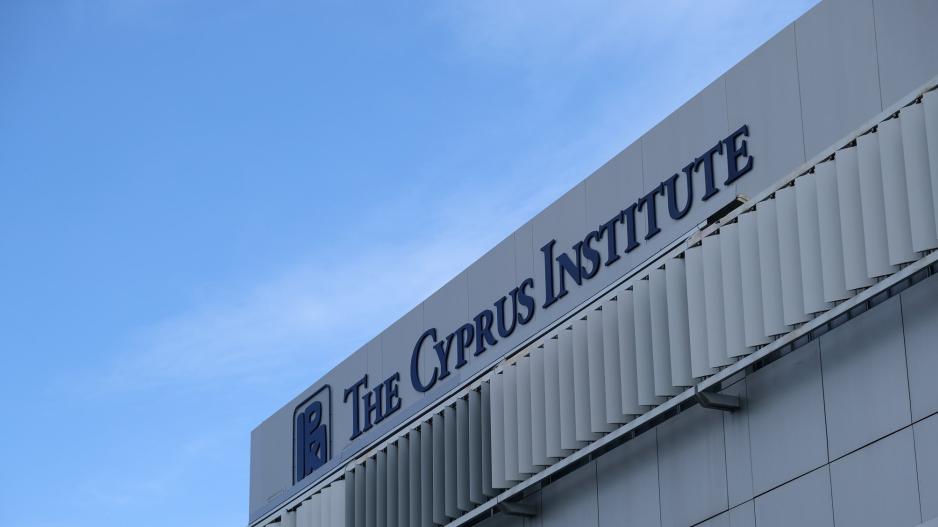Cyprus Institute Spearheads Validation for ESA's Pioneering EarthCARE Mission
The Satellite Is Expected to Elevate Climate Research
Researchers at the Cyprus Institute’s Climate and Atmosphere Research Center (CARE-C), under the leadership of Professor Franco Marenco, are playing a pivotal role in the European Space Agency’s (ESA) forthcoming EarthCARE satellite mission, dedicated to the investigation of clouds, aerosols, and radiation.
A recent announcement from the Cyprus Institute indicated that EarthCARE (Earth Cloud, Aerosol and Radiation Explorer) is poised to considerably enhance our comprehension of the roles clouds and aerosols play in climate dynamics. This mission is expected to yield data on the interplay between clouds, aerosols, and radiation with an unparalleled degree of precision, thereby facilitating more accurate weather forecasting and climate modeling.
The statement further highlights that EarthCARE, a collaborative endeavor between ESA and the Japan Aerospace Exploration Agency (JAXA), is the most sophisticated of its kind to date and is slated for launch in 2024. The CARE-C team at the Cyprus Institute is entrusted with crucial validation and calibration tasks for this advanced satellite.
Attention is drawn to the sophisticated operations of the Unmanned Systems Research Laboratory (USRL) team, which will undertake comprehensive atmospheric composition analyses. Using custom-built Unmanned Aerial Vehicles (UAVs), the team aims to profile the number and characteristics of particulates from ground level to an altitude of approximately 6,000 meters.

Furthermore, the Cyprus Atmospheric Observatory (CAO) team's mission is to quantify the levels of dust and pollution in the higher atmospheric strata. This information is vital for the meticulous calibration and validation of the EarthCARE satellite, which seeks to map the three-dimensional spread of atmospheric particles, extending beyond mere ground-level assessments.
According to a statement by the Cyprus Institute, the preparations for the EarthCARE mission are well underway. This is evidenced by the inaugural UAV sortie conducted by the USRL team on October 25, 2023, with a series of additional activities planned throughout the EarthCARE mission's lifespan. The mission's scope also encompasses contributions from the Cyprus Atmospheric Remote Sensing Observatory (CARO) housed within the Eratosthenes Center of Excellence.
The institute further notes that EarthCARE's calibration and validation processes are a collective effort, with contributions from 42 atmospheric measurement stations across 18 countries. These operations are coordinated under the EU Horizon-2020 project ATMO-ACCESS, which amalgamates observations from an extensive network of scientists across Europe, Asia, and Africa.
The statement concludes by underscoring the significant role of Cypriot scientists, including the synergy between two European Research Centers of Excellence.






